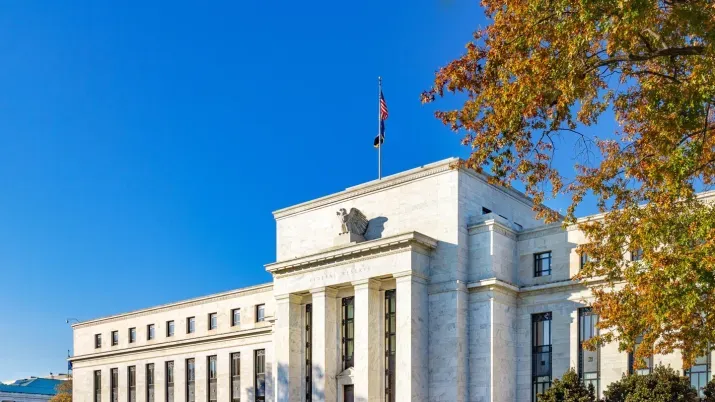Our view on high yield defaults
TwentyFour
In his latest video, George Curtis, discusses our views on high yield defaults over the last few months and what he thinks we can expect in 2021.
Share via
Related insights
TwentyFour

What the bear case on AI is missing
We have had an eventful few weeks of AI-driven volatility in markets, with markets seemingly swinging from “everyone’s a winner” to “everyone’s a loser” faster than technological progress itself.
Read more
TwentyFour

Flash Fixed Income: AI and the software sell-off
Market focus has shifted in recent weeks from hyperscaler spending to the threat AI could pose to numerous software-as-a-service (SaaS) businesses.
Read more
TwentyFour

Navigating 2026 risks with short-dated credit
2026 is already shaping up to be another volatile year for geopolitics, economies and markets. But one pocket stands out as a key beneficiary of the present backdrop.
Read more
TwentyFour

FX volatility running high
Foreign exchange markets have taken centre stage again in recent weeks. President Trump’s apparent indifference to the relatively steep dollar depreciation trend of late has raised a few eyebrows and added fuel to the dollar fire.
Read more
TwentyFour

Webinar replay: The Federal Reserve explained
Recent developments involving Federal Reserve (Fed) Chair Jerome Powell have raised fresh questions around central bank independence, the politicisation of monetary policy, and the future of Fed leadership, particularly with his term as Chair due to expire in May 2026.
Watch now
TwentyFour

Flash Fixed Income: The Fed independence premium
For global bond investors, predictable central bank activities are an important component of long-term strategy. But the Trump administration’s unprecedented pressure on the Fed, including a criminal probe of Chair Jerome Powell, is driving investor fears about the independence of the world’s most important central bank and the reliability of monetary policy.
Read more
